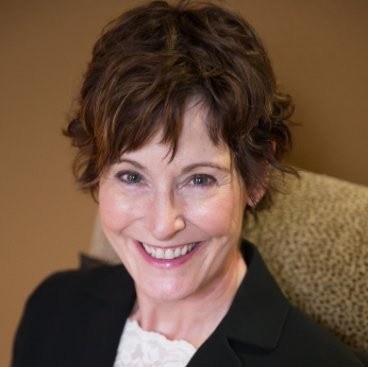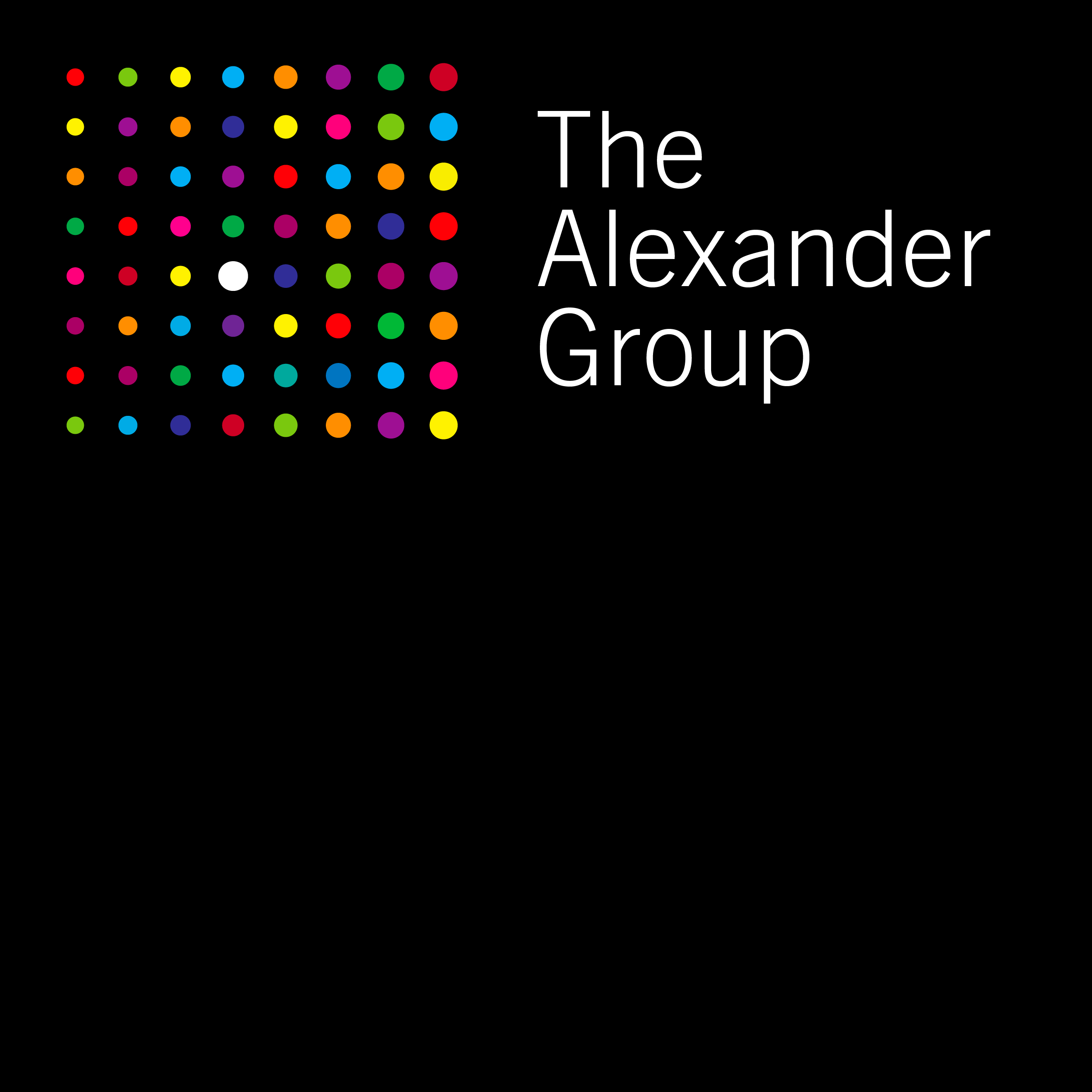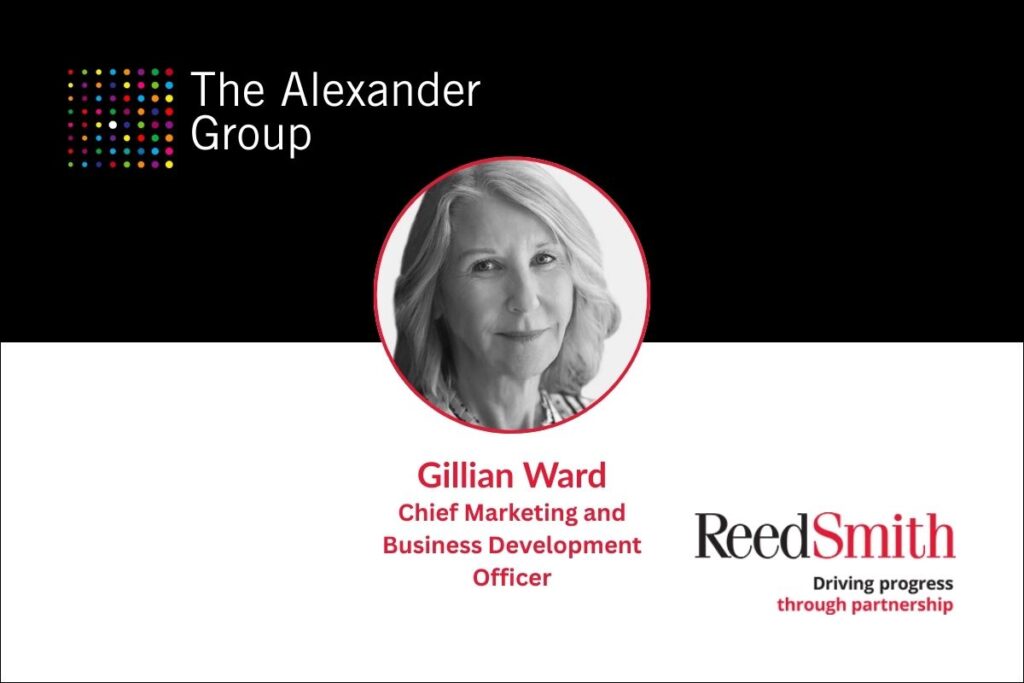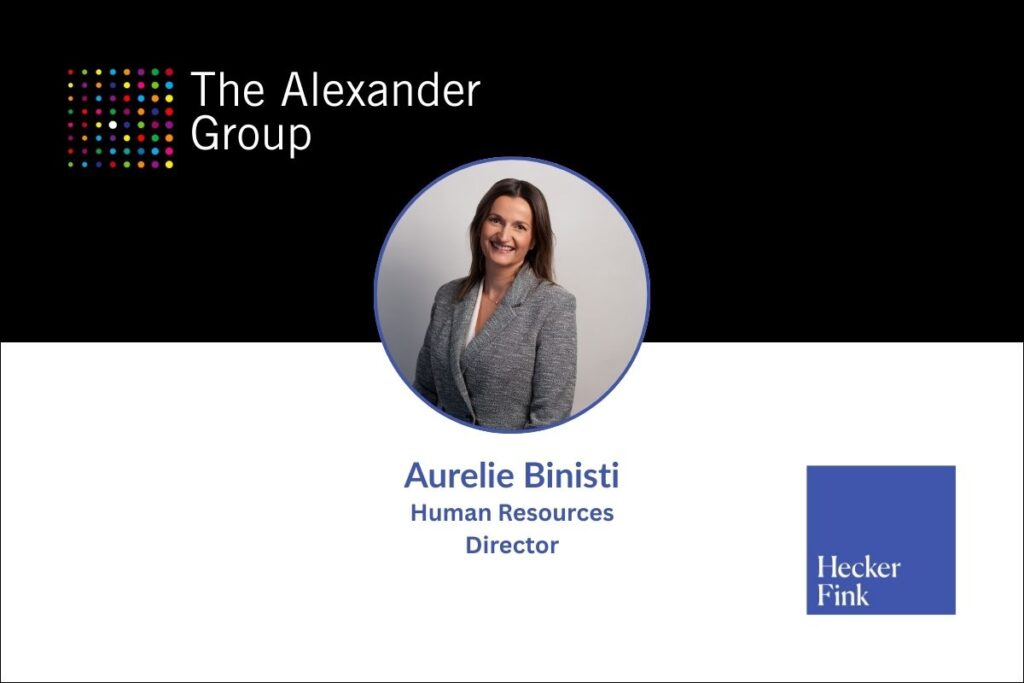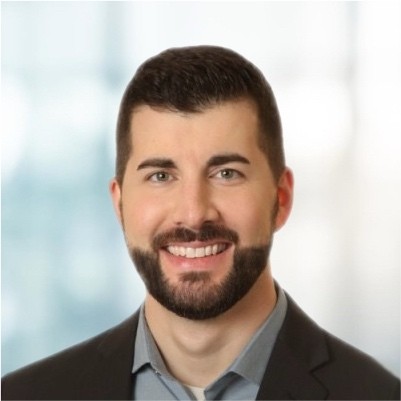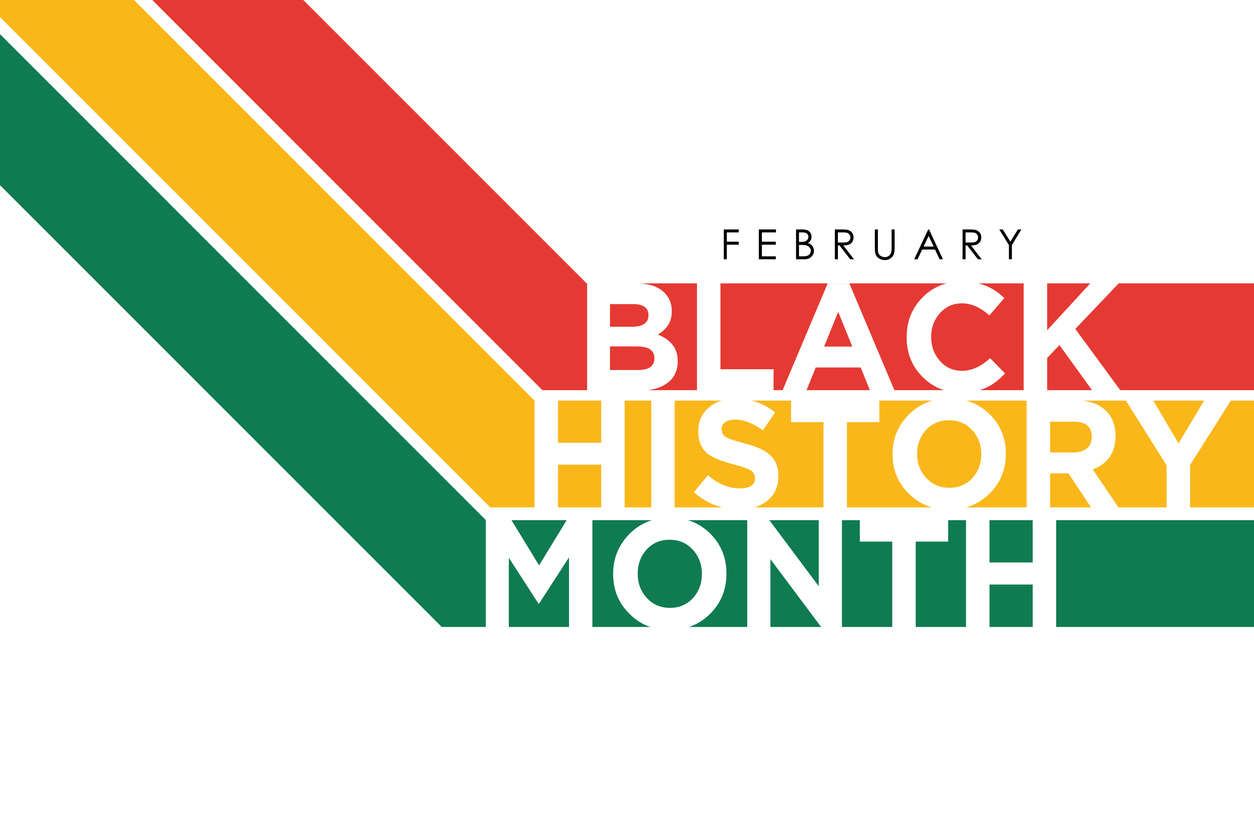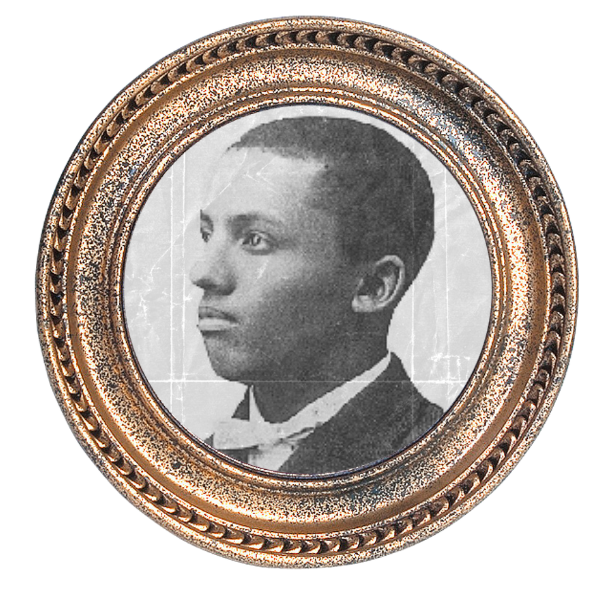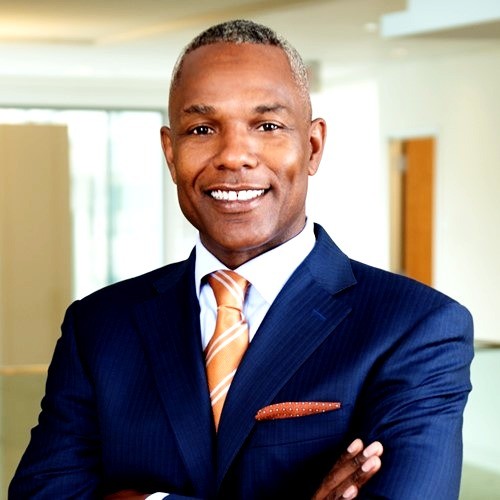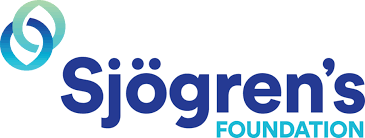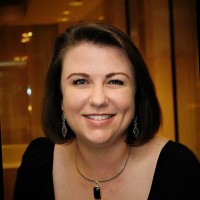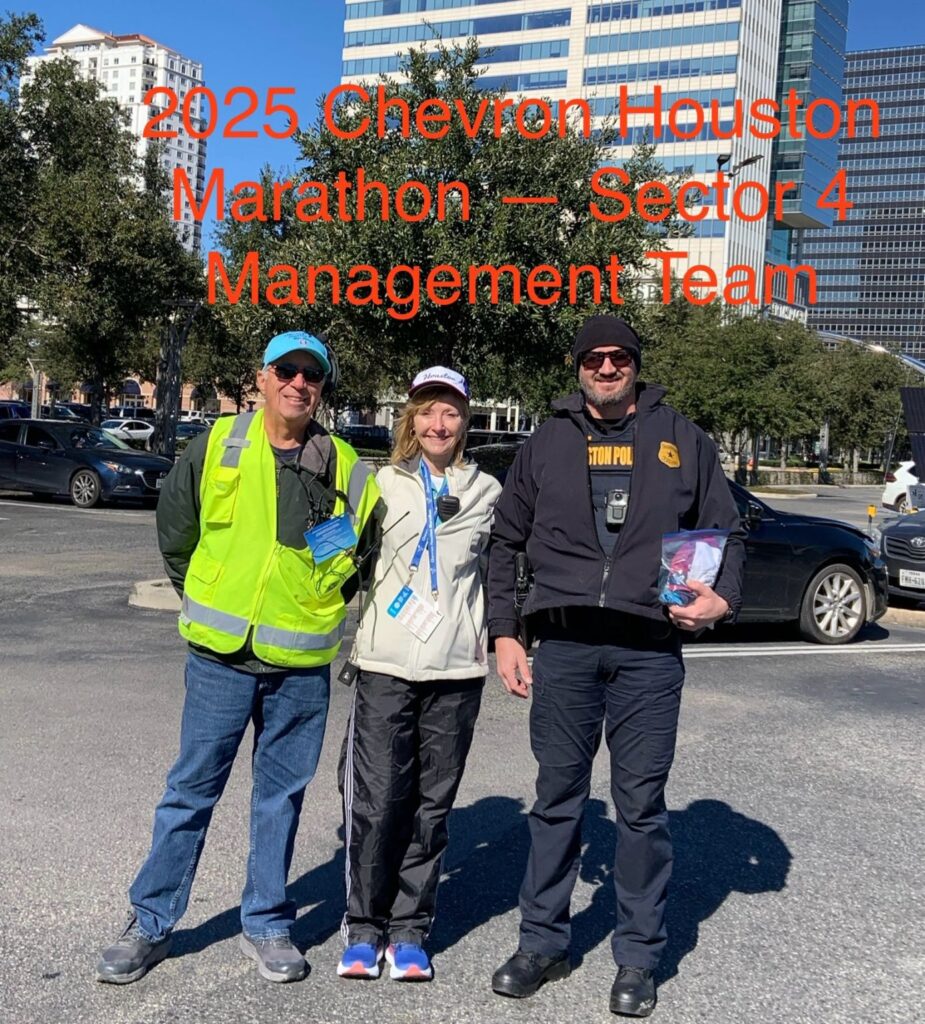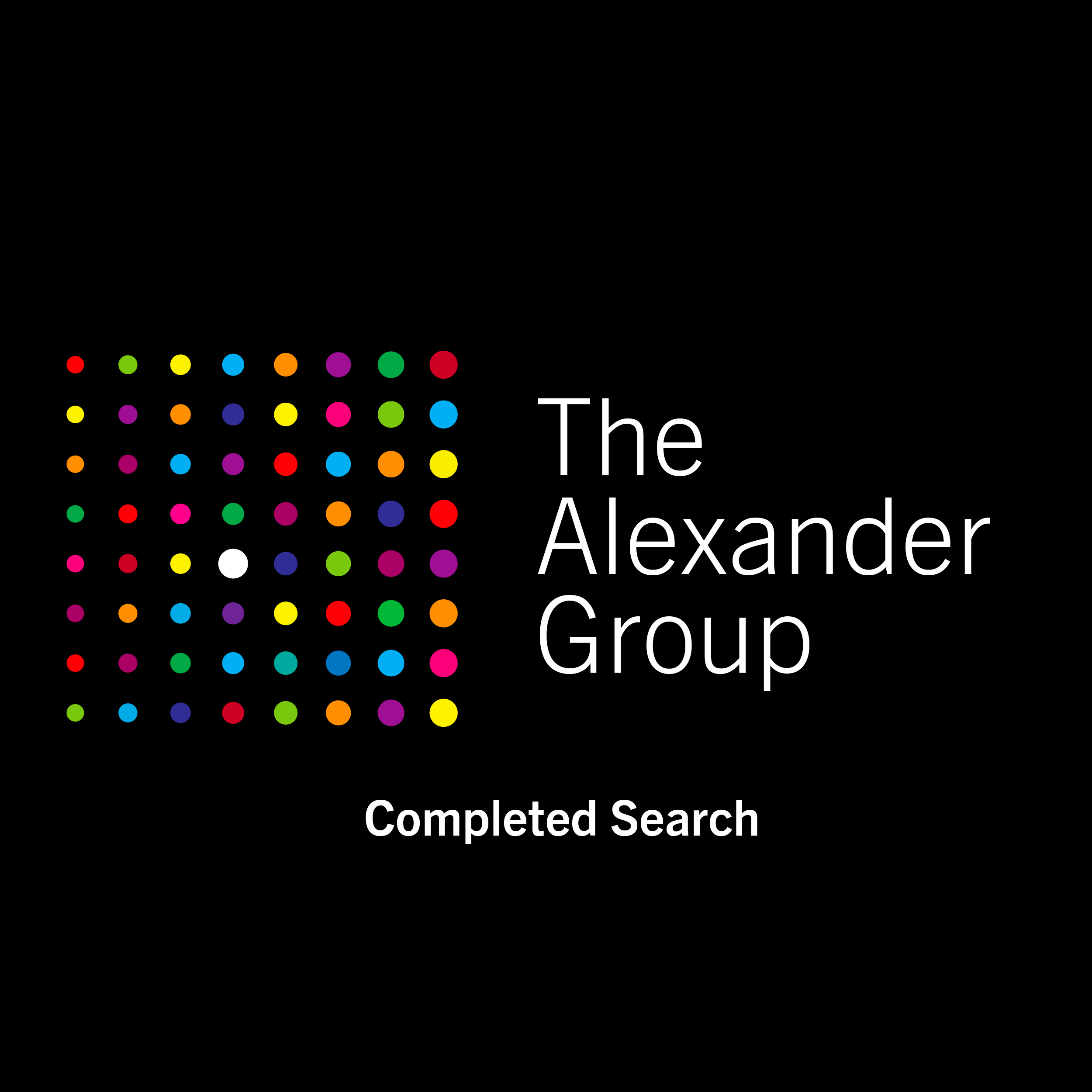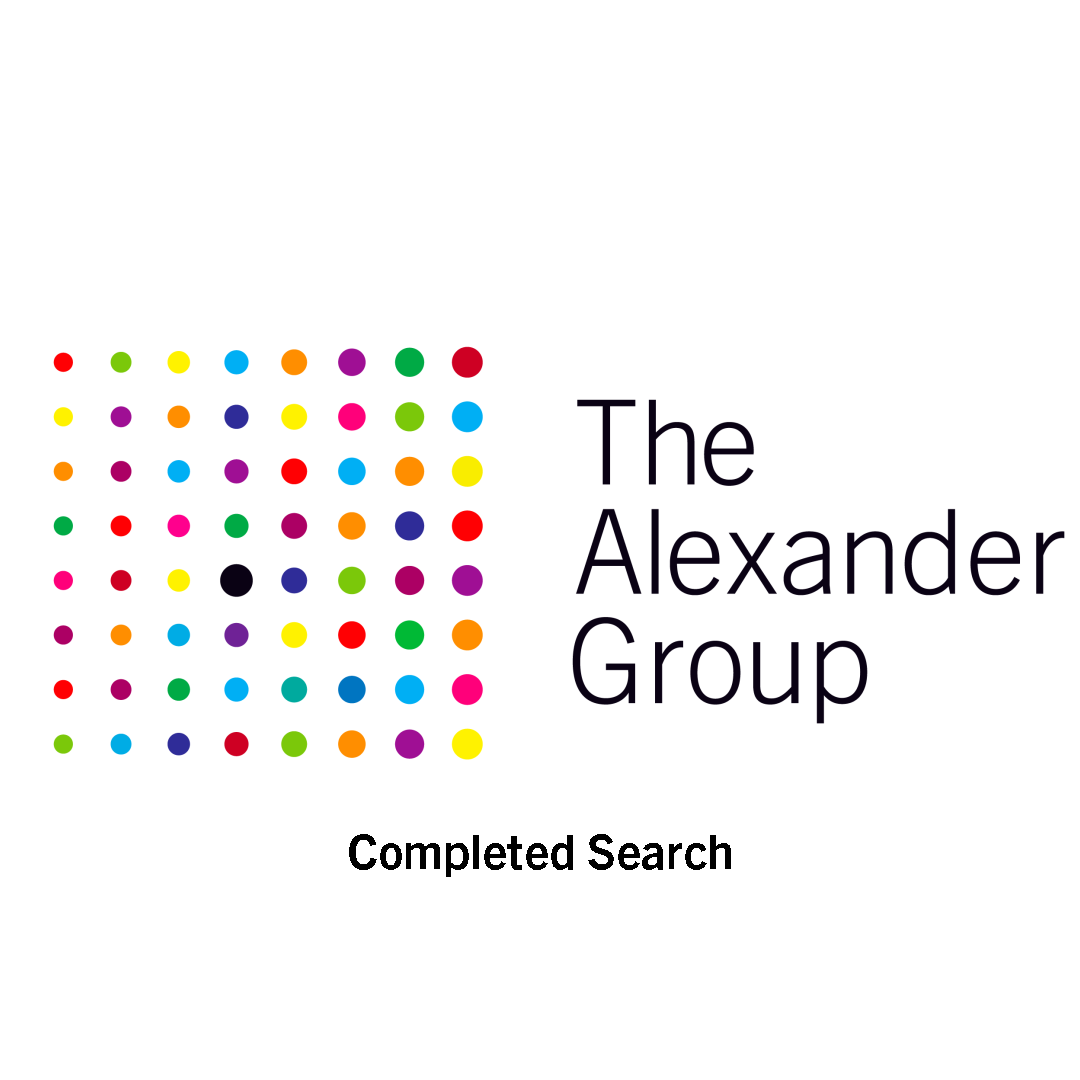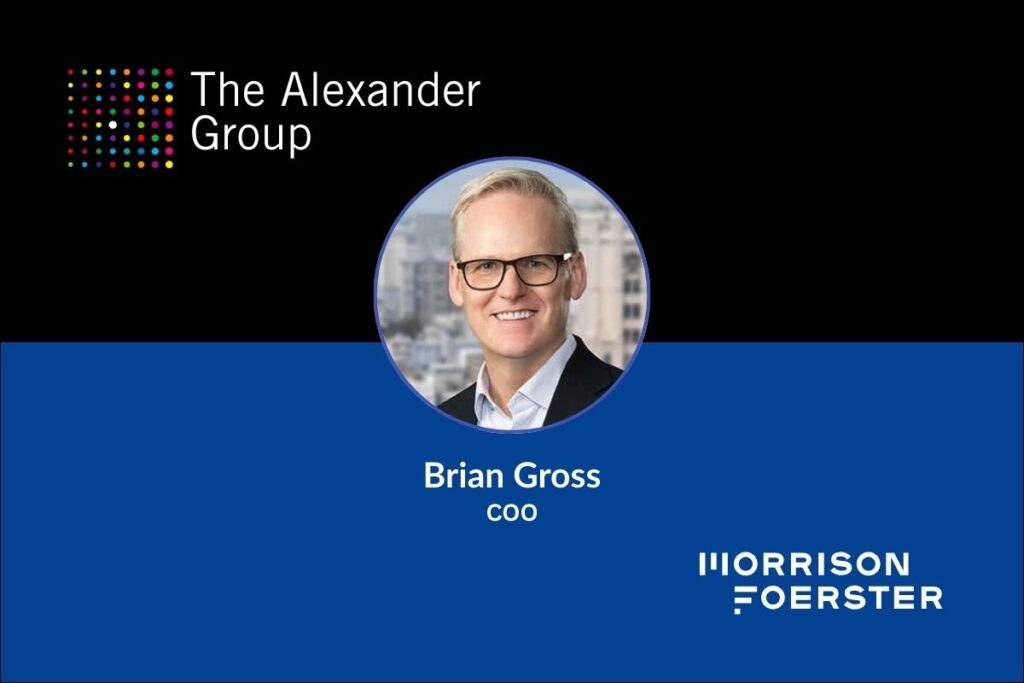We know the importance of morning routines and how successful leaders start the day with intention. Let’s look at the other end of the spectrum: nighttime routines.
Why is it important? Generally speaking, success starts and ends with mental and physical health, which depends on getting enough sleep. It can be tempting to pour a glass of wine, turn on the TV, pore over social media, or clear your inbox right before bed, but the most successful people recognize that those final hours can be just as crucial as any other.
While everyone is different and has different routines, the following practices are standard among successful leaders.
1. Make a to-do list
Clearing the mind for a good night’s sleep is critical for many successful people,” Michael Kerr says. Often, they will take this time to write down a list of any unattended items to address the following day so these thoughts don’t invade their headspace during the night.
For example, Kenneth Chenault, former CEO of American Express, writes down three things he wants to accomplish the next day. Others use Sunday evenings to prep for the week ahead.
2. Disconnect from work
Studies have found that if you associate your bed with work, relaxing there will be more challenging, so you must reserve your bed for sleep and other extracurricular activities. International business speaker and author, Michael Kerr says that “truly successful people do anything but work right before bed. They don’t obsessively check their email and they try not to dwell on work-related issues.”
Give yourself a buffer period of at least half an hour between reading your last email and going to bed.
3. In fact, unplug completely
You shouldn’t just disconnect from work. You should unplug completely, including social media and phone games. Researchers agree that any kind of screen time before bed does more harm than good.
The blue light from your phone mimics the brightness of the sun, which tells your brain to stop producing melatonin, an essential hormone that regulates your circadian rhythm and tells your body when it’s time to wake and when it’s time to sleep. This could lead not only to poor sleep but also to vision problems, cancer, and depression.
If the research isn’t convincing enough, take it from Arianna Huffington, The Huffington Post’s co-founder, President, and Editor-in-chief. After collapsing from exhaustion, Huffington revamped her approach to sleep. As she details in her book, “Thrive,” she has banned iPads, Kindles, laptops, and any other electronics from the bedroom.
4. Exercise
While it’s a popular belief that exercise before bed can prevent sleep, the National Sleep Foundation actually found in a 2013 study that exercising at any time of the day, even at night, leads to better sleep. Numerous studies have also found that walking reduces stress and anxiety.
Joel Gascoigne, co-founder and CEO of Buffer, takes a 20-minute walk every evening before bed. “This is a wind-down period, and it allows me to evaluate the day’s work, think about the greater challenges, gradually stop thinking about work, and reach a state of tiredness.”
John Lamar, Managing Director, The Alexander Group, says that he usually “hits the elliptical for 30 minutes-a great way to de-stress and wind down.”
5. Decompress
If exercise doesn’t sound appealing, find another way to unwind and decompress before bed, such as taking a warm bath, listening to calming music, or meditation. Dale Kurow, a New York-based executive coach, says meditation is a great way to relax your body and quiet your mind. Apps like Headspace, Calm, and The Mindfullness App offer guided meditations and reminders to incorporate meditation into your daily routine.
6. Plan out sleep
Much has been written about the dangers busy people face with chronic sleep deficits. Plan for a good night’s sleep just as you would any other priority. Decide when you want to wake up, count back by the number of hours you need to sleep, and then plan to be in bed, ready to sleep, by that time. iPhone users: Take advantage of the “Bedtime” feature of your Clock app. It allows you to set a bedtime, wake up at the same time and stay consistent with your routine. There’s even an option to set a bedtime reminder.
7. Skip the wine
When researching her sleep manifesto, “Thrive,” Arianna Huffington consulted a number of sleep specialists for tips. One of her favorites is avoiding alcohol right before bedtime.
While alcohol can certainly help you fall asleep, the National Institute of Health finds that it robs you of quality sleep. Alcohol keeps people in the lighter stages of sleep, which they can be awakened easily, and prevents them from falling into deeper, more restorative stages of sleep, the institute finds.
8. Read
One study by the University of Sussex found that just six minutes of reading a day is enough to reduce stress by 68 percent-“an excellent excuse to start curling up with a good book before you turn in for the evening,” points out Fast Company magazine. And you’d be in good company: Former US President Barack Obama and Microsoft founder Bill Gates are known to read for at least a half hour before bed.
This isn’t reserved just for business reading or inspirational reading. Many successful people find value in information from a variety of sources, believing it helps fuel greater creativity and passion in their lives.
Sarah Mitchell, a Director in our San Francisco office, agrees: “I almost always read for 30 minutes before bed-typically fiction or, if it’s nonfiction, something unrelated to business. If I’ve got a big day or I’m feeling stressed, I will spend part of my evening preparing for the next day, and then, 30 minutes before lights out, I put down my phone, shut down the laptop, and relax my brain with a book. This helps me sleep better and gives my brain a needed timeout so I can wake up fresh in the morning.”
9. Reflect on the good things from the day
It’s easy to fall into the trap of replaying negative situations you wish you had handled differently. Instead, take time just before bed to reflect on or write down three good things that happened during the day. Focus on the positive moments and celebrate the successes, even if they are few and far between.
Jennifer Hill, Startup Advisory and Venture Lawyer at Gunderson Dettmer LLP, says she takes “two minutes to stretch, align my posture and think of the three things that I am grateful for and proud of today. (Yes, I really do this.) It sends me off to sleep peacefully and with positive thoughts.”
Benjamin Franklin famously asked himself the same self-improvement question every night: “What good have I done today?”
Regardless of how the day went, successful people avoid that pessimistic spiral of negative self-talk, knowing that it will only create more stress. Taking a few moments to think about what went right over the day can put you in a positive, grateful mood, leading to better sleep and giving you energy and clarity.

